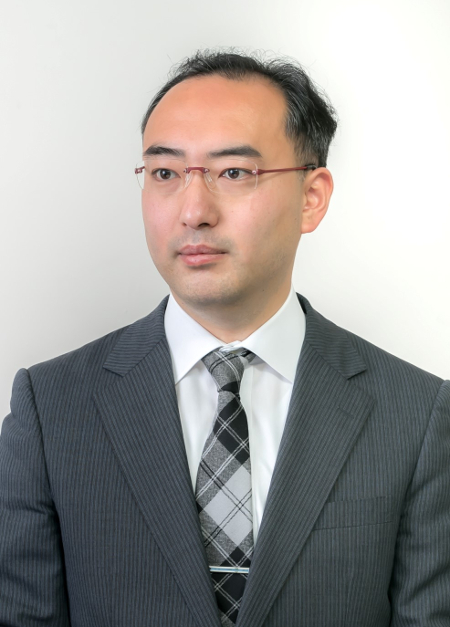 家永真幸现为东京女子大学现代教养学部副教授。1981年生於东京,2004年毕业於东京大学教养学部地域文化研究学科,06年毕业於东京大学大学院综合文化研究科硕士班,12年修毕东京大学大学院综合文化研究科博士班学分,12-18年担任东京医科齿科大学教养部第二外国语领域副教授,2015年取得东京大学大学院综合文化研究科博士(学术)学位,18年起担任东京女子大学现代教养学部国际社会学科国际关系专攻副教授。专长为中国近现代史丶两岸关系丶国际文化论研究。
家永真幸现为东京女子大学现代教养学部副教授。1981年生於东京,2004年毕业於东京大学教养学部地域文化研究学科,06年毕业於东京大学大学院综合文化研究科硕士班,12年修毕东京大学大学院综合文化研究科博士班学分,12-18年担任东京医科齿科大学教养部第二外国语领域副教授,2015年取得东京大学大学院综合文化研究科博士(学术)学位,18年起担任东京女子大学现代教养学部国际社会学科国际关系专攻副教授。专长为中国近现代史丶两岸关系丶国际文化论研究。Full Text
簡体字 / 正體字 / English摘要:
本文透过概观马英九两任八年执政期间及蔡英文上台后将近一年任内台湾当局展开的文化政策,并检讨该时期在台湾所发生的文化摩擦,就目前的台湾内政及两岸关系所面对的局面进行分析。对当今的台湾政权来说,在重视经济的前提下推动文化政策,可以规避围绕中华文化定位和台湾主体性的相关政治争议,是有一定好处的。但是,马英九政权的文化政策似乎偏重“经济”,强调“大陆”,在政权后期,与市民的“台湾认同”之间显得失衡。与马时代相比,蔡政府成立后的台湾文化政策则是降低了追求经济性目标的优先级。另一方面,蔡政府的文化政策是将追求文化性目标放在最前头,特别是将“转型正义”的推动作为重要课题。但由于铜像问题导致社会裂痕表面化,因此不能说其政策施行是一帆风顺的。
摘要:
本文透過概觀馬英九兩任八年執政期間及蔡英文上台後將近一年任內台灣當局展開的文化政策,並檢討該時期在台灣所發生的文化摩擦,就目前的台灣內政及兩岸關係所面對的局面進行分析。對當今的台灣政權來說,在重視經濟的前提下推動文化政策,可以規避圍繞中華文化定位和台灣主體性的相關政治爭議,是有一定好處的。但是,馬英九政權的文化政策似乎偏重「經濟」,強調「大陸」,在政權後期,與市民的「台灣認同」之間顯得失衡。與馬時代相比,蔡政府成立後的台灣文化政策則是降低了追求經濟性目標的優先順序。另一方面,蔡政府的文化政策是將追求文化性目標放在最前頭,特別是將「轉型正義」的推動作為重要課題。但由於銅像問題導致社會裂痕表面化,因此不能說其政策施行是一帆風順的。
Abstract:
This paper attempts to clarify the characteristics of Taiwanese cultural policy in the first year after Tsai Ing-wen took office in May 2016, through a comparison with the Ma Ying-jeou administration. The Ma administration emphasized the economic purposes of their cultural policy in an attempt to avoid touching upon the sensitive issue of how to evaluate the “Chineseness” or the “Taiwaneseness” of Taiwanese culture. However, on the other hand, the Ma administration also overemphasized the importance of relations with mainland China, which led to a breakdown in the balance in the civic “Taiwanese consciousness” as a result. In contrast to this, the Tsai administration’s cultural policy has put less emphasis on pursuing economic purposes, and more stress on cultural purposes; a key example of this being their “transitional justice” policy. However, as the sequence of social incidents which occurred in Taiwan after Tsai took office demonstrate (such as the beheading of statues of Hatta Yoichi and Chiang Kai-shek), it is clear that the Tsai administration also faces many challenges in this regard.